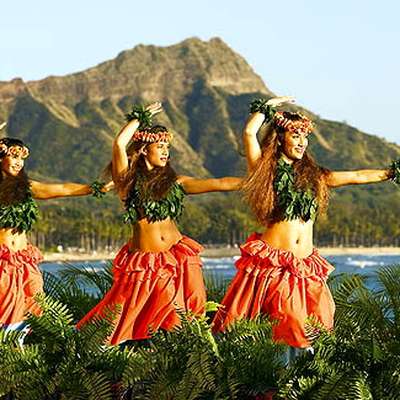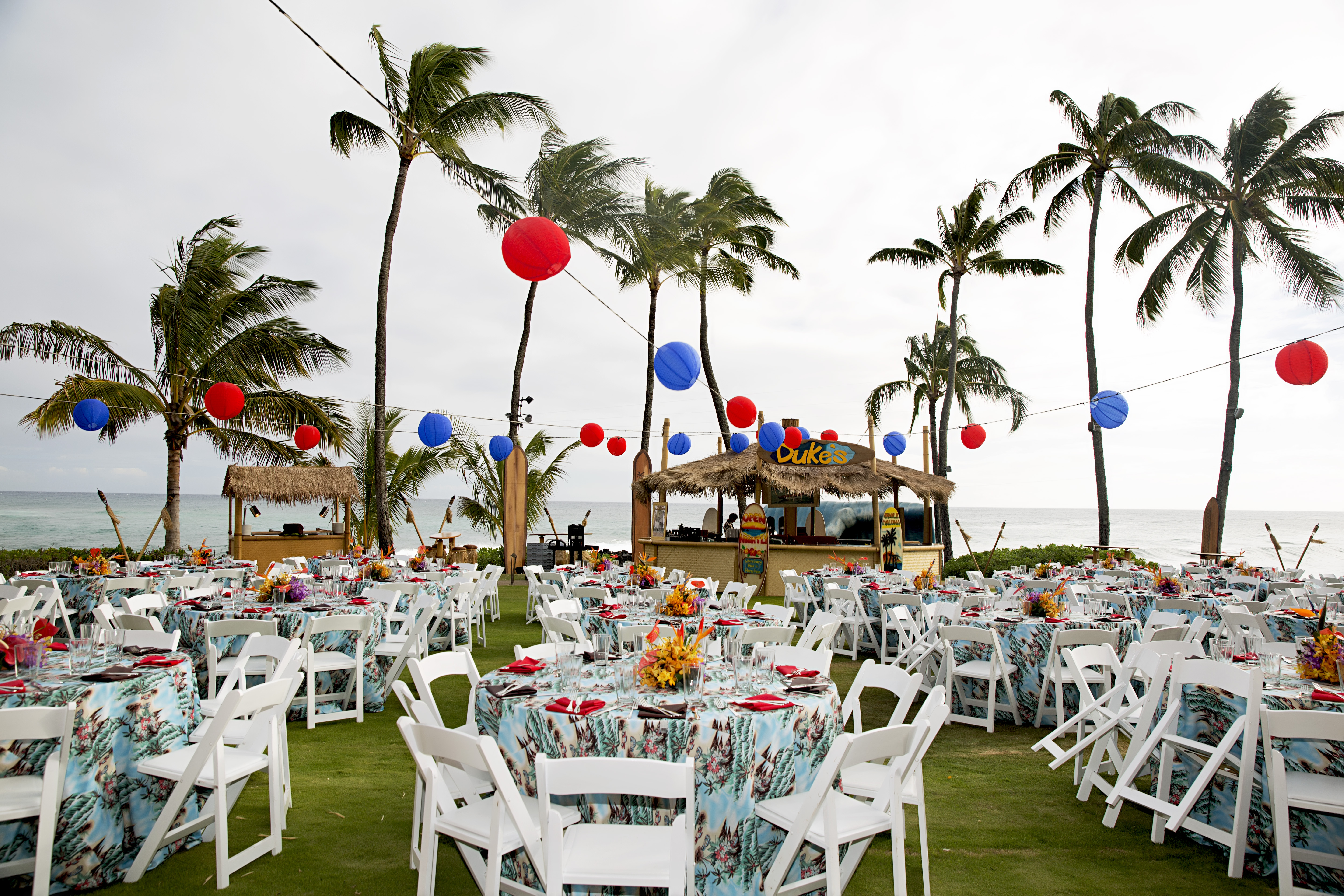

Merry Christmas - Pronounced: May-lay Kah-lee-kee-mah-kahĭress (Please note that the pronunciation is: moo-oo-moo-oo, not 'moo-moo')ĭelicious, delightful, the best also a type of fish, which can lead to, "Wow, that was ono ono!"įish - pronounced - 'oh-ah-pu' - as in: 'We used to catch 'o'opu in the mountain stream'Ĭliff - pronounced 'pah-lee' - as in take the pali highwayĪ Hawaiian cowboy - pronounced 'pan-nee-oh-low'įlower - pronounced 'poo-ah' - as in pua carnationĪ hole of any size - as in a puka shell necklaceĪn appetizer, snack, hors d'oeuvres - as in pupu platter Toward the mountains, inland - as in "Mauka Showers" heard on the weather reports Thank you very much - pronounced: 'Mah-ha-low, New-ee, Low-ah'

Traditional Hawaiian massage (or a luau dish made with salmon)Ī Hawaiian feast featuring poi, cooked pork in an imu and drinks with little umbrellas in themīeautiful seaside village on Maui, where your condo is located - Pronounced: Mah-ah-lie-yah Traditional garland of flowers or vines (An open lei is 'formal', a closed round lei is festive) Porch or patio (Also a Hawaiian island when capitalized) Help - As seen in Jame's Michener's book "Hawaii" - 'Paki Kokua' (Chineese helper)Īncient Hawaiian god of war, usuallly carved as a tiki Please come in, enter, welcome (E Komo Mai) - "My hale is your hale" Man (Seen on many restroom doors in Hawaii) -įorbidden - no tresspassing - Pronounced: Kah-pooĬhild - also used to discribe new baby orchid plants Native born, long-time island resident, local (literal translation - "Of the land") Native Hawaiian dance - (A hula hale is a hula school house)Īn underground oven used to steam cook foods on bed of heated rocks covered by earth Temple, ancient worship ground - Pronounced 'Hay-ow' Happy New Year - Pronounced How-oh-lee Mah-kah-hee-kee How

Happy Birthday - Pronounced How-oh-lee La Huh-now Work - "Pau Hana" means I'm done for today - Usually said on Aloha FridaysĬaucasian - originally meant foreigner, now a rather bitter term for a mainlander - 'How-lee' Means both hello & goodbye, welcome or farewell, romantic love, affection, or best wishes Note, here too there is an okina at the end of the word, which means the person would say, ah-ah Common Hawaiian Words & PhrasesĪ Hawaiian chief, noble or royalty - Pronounced ah-lee-ee Pronounced: Who-moo-who-moo-nuke-koo-nuke-koo-ah-poo-ah-ah. As in, "Wow, there go two Humuhumunukunukuapa'a!" (The Hawaii State fish). Words never end in a consonant, so all Hawaiian words end with a vowel, and because there is no "S" in the Hawaiian language, nouns are not pluralized. Consonants are always followed by a vowel, creating syllables with only two letters. Vowels may follow each other, as in Hawai'i, where the double vowel is then pronounced as 'eee'. This is called an "okina" (oh-kee-nah), or a glottal stop a special consonant represented by a symbol that can change the meaning and pronunciation of a word, and creates an abrupt break or momentary pause by the speaker when the word is spoken. Sometimes you will see a word spelled with an apostrophe between two vowels, as in Ali'i. In formal or traditional settings, the ' W ' is sometimes pronounced like a ' V ', but this only happens when the ' W ' is in the middle of a word, as in Huh-(v)eye-ee instead of the more common Huh-why-ee. The entire Hawaiian alphabet has only 12 letters Now, let's learn some basic Hawaiian to use on your trip to the islands. Today, in order to keep the culture alive, the Hawaiian language is still being taught in schools and is enjoying a resurgence in usage in contemporary Hawaiian song lyrics. When missionaries arrived from New England, they began to record and write, phonetically, the Hawaiian words. History was passed down from generation to generation through the memorization of chants and by dancing the hula.

Until the 1820's, the Hawaiian language was only spoken.


 0 kommentar(er)
0 kommentar(er)
